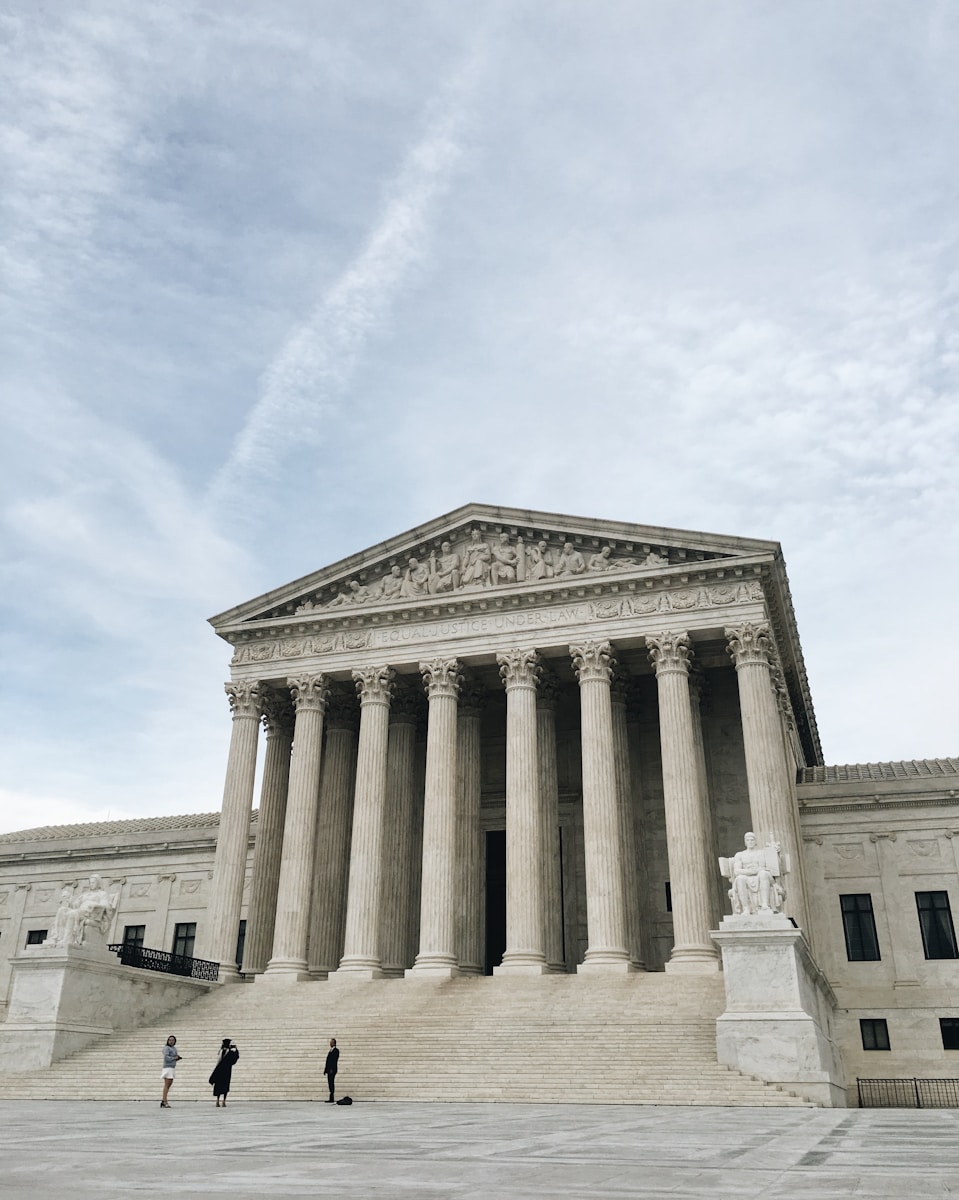
Errors in court records can have serious consequences. They may affect a person’s criminal history, legal proceedings, or even civil rights. Fortunately, the legal system does allow for the correction of such errors, although the process can vary depending on the type of mistake and the jurisdiction. This essay explores how errors in court records can be identified and corrected, the importance of accuracy, and the legal procedures involved. If you think want to check for potential errors in LA you can use their Los Angeles court records search.
Importance of Accurate Court Records
Court records are official documents that reflect the outcomes of legal proceedings. They include judgments, sentencing details, case filings, and personal information of involved parties. These records are used by government agencies, employers, background check companies, and legal professionals. Therefore, even a minor error—such as a misspelled name, wrong case number, or incorrect charge—can lead to misunderstandings or unjust outcomes. For instance, a person might be wrongfully denied a job or housing due to a false criminal record.
Types of Errors
Errors in court records can be categorized into clerical errors and substantive errors. Clerical errors are minor mistakes like typos, wrong dates, or misfiled documents. Substantive errors, on the other hand, are more serious and may involve incorrect charges, judgments, or sentencing details. Both types can have significant implications, but they are handled differently by the court.
How to Fix Clerical Errors
Clerical errors are usually easier to fix. Most jurisdictions allow individuals to file a motion to correct the record. This motion is often referred to as a “nunc pro tunc” motion, which is Latin for “now for then.” It allows the court to correct the record to reflect what actually occurred during the proceedings. Supporting documentation, such as transcripts or original court orders, may be needed to prove the error.
Correcting Substantive Errors
Fixing more serious mistakes, like incorrect judgments or wrongful entries, may require a more formal process. This could involve appealing to a higher court, requesting a new hearing, or filing a petition for post-conviction relief. In some cases, legal representation is necessary to navigate the complexities of the legal system and present the case effectively.
Legal Support and Documentation
Regardless of the type of error, correcting a court record generally requires solid documentation and sometimes legal assistance. Individuals may need to gather evidence, such as certified copies of documents, witness statements, or transcripts, to support their claim. In many cases, legal aid organizations or attorneys can provide help to those who cannot afford representation.
In conclusion, while court records are meant to be accurate reflections of legal proceedings, errors do occur. Fortunately, there are legal avenues available to correct these mistakes. Whether it’s a clerical typo or a more serious substantive error, individuals have the right to request corrections to ensure that their legal records are accurate and just. Taking prompt action, gathering the right documentation, and seeking legal advice can make the process smoother and more successful.



